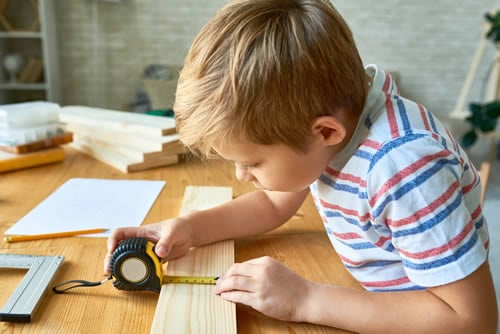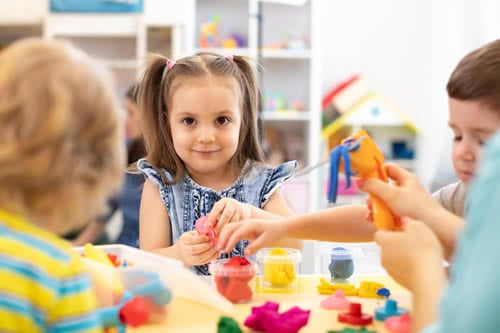Many people don’t give much thought to autism – until, that is, they discover that one of their own children has ASD. After that, most parents set to work, finding out as much as they can about their child’s condition and becoming unofficial ‘experts’ in the process.
But it’s not easy bringing up a child with neurological, emotional or physical challenges and sometimes it can seem that the rest of the world doesn’t have a clue about the difficulties these families face. So, what would the mums and dads of autistic kids like everyone else to know? We interviewed three local parents with autistic children – Jane, Kirsty and Mark – to find out.
People Can Be Intolerant

Many parents list being gawped at in public as one of their biggest gripes, as Jane, the mum of a teenager with Asperger’s and ADHD, explains. “When my son was quite young, we went into a supermarket and he started shouting because he was stressed from being at school all day,” she recalls. “A middle-aged man was frowning at us, making it very clear he disapproved. I’d had enough of this kind of attitude so I went up to him and snapped, ‘He’s got autism, actually!’ The man backed down and apologised. I know this was aggressive but I wish people would be nice if they see a child having a meltdown – smile, offer to help or just look away if you can’t handle the noise.”
But it’s not only the public who can be intolerant, she says. “There’s also a feeling with some teachers or health professionals that your child’s issues are your ‘fault’,” Jane continues. “They don’t say it outright but you can sense it nonetheless. I would like to say, ‘Don’t judge! Families are doing the best they can’.”
Understanding Starts at School

Kirsty, who lives in Kent, has two children. Her son, aged six, has autism while her daughter, aged eight, is neurotypical. She strongly believes that learning about special needs should start early as a formal part of the school curriculum. “At the moment it’s vague and unspoken which can lead to children who are ‘different’ being bullied,” she comments. “I’ve made a lot of effort to educate my daughter and she now shows real compassion for children with autism or ADHD. She understands why these children behave as they do – probably more so than the teachers most of the time! If all children could learn this, it would really help kids with special needs feel secure and understood.”
An Individualised Approach

Mark, from south London, has a teenage son, Greg, with ASD. He feels that too many people make negative assumptions about people with special needs and what they are capable of achieving.
“Greg was doing a beginners’ course in construction skills at a local sixth-form college,” Mark explains. “He enjoyed it but the tutor said he couldn’t see him fitting in on a building site and suggested he switch to computing instead. Of course, the accepted idea is that people with autism love computers but, actually, Greg has absolutely no interest in them.
“But though he might not cope with a building site, I could definitely see him being a carpenter’s mate, perhaps, or a maintenance guy at an old folks’ home,” he continues. “But now that idea has fallen by the wayside because he’s been ‘told’ by his tutor to change courses. Many people don’t realise how suggestible some autistic people can be.”
Mark maintains that a more personalised, flexible approach from schools and colleges could help youngsters with special needs to identify what they can do rather than what they can’t and steer them towards a fulfilling life. “Teaching staff need to be brave and advocate for the students,” he says. “They also need to get alongside the parents – after all, they are the experts in their own child.”
More Sensitive Than People Expect

Another common misconception, he says, is that autistic people don’t have empathy. “Greg is very caring and kind,” he says, “but what can be difficult for him is seeing that someone is upset and understanding the reasons why they’re unhappy.”
Jane agrees, adding, “and many people don’t realise how funny kids with special needs can be. I’ve seen it in my son and with other youngsters, too. They all have their own personalities and their individual struggles, but they can also be silly and playful and they bring a lot of joy to their families’ lives. It’s not all doom and gloom!”
Thank you to Jane, Kirsty and Mark, wonderful parents of autistic children, for sharing their stories.




